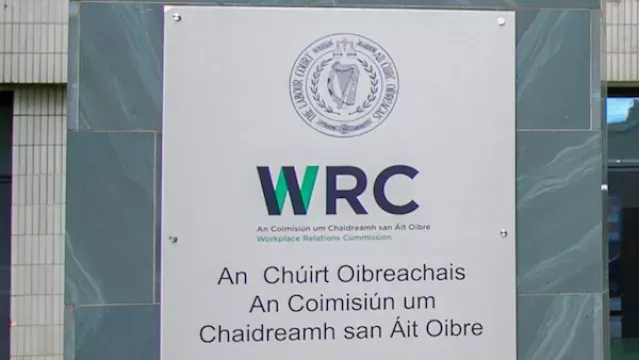General Scheme of the Employment (Restriction of Certain Mandatory Retirement Ages) Bill 2024
General Scheme of Employment Bill 2024
Last Month the Government received approval for legislation which would allow workers to stay in their job until they reach the State Pension age, currently at 66.
The General Scheme of the Employment (Restriction of Certain Mandatory Retirement Ages) Bill 2024, if passed, will give any employee who wishes the right to work until the state pension age regardless of the contractual retirement age.
Currently, a private employer can have any contractual mandatory retirement age provided that the retirement age can be objectively and reasonably justified by a legitimate aim and the means of achieving that aim are appropriate and necessary.
Purpose of the Bill
The purpose of the Bill 2024 is to implement a key commitment included in the government’s response to the Pensions Commission Recommendations and Implementation Plan. The Government committed to a range of pension reforms which includes a commitment relating to contractual mandatory retirement age. The policy objective is to introduce measures which allow, but do not compel, an employee to stay in employment until pensionable age. Pensionable age is currently defined in the Social Welfare Consolidation Act 2005 as 66.
Entitlement
If the bill is passed this means that a clause in a contract of employment that sets a mandatory retirement age below the state retirement age of 66, would not be enforceable without the consent of the employee.
Where an employee does not consent to the enforcement of a mandatory retirement age in a contract of employment earlier than the pensionable age, that clause shall be amended and the mandatory retirement age set as the state pensionable age, or to an age that the employee consents to retire at, which is later than the mandatory retirement age but before the pensionable age.
Written Notice of Refusal to Consent
The Bill sets out that the employee must serve written notice to the employer if they do not consent to the mandatory retirement age.
The bill also provides that in circumstances where the employee provides written notice to the employer that they do not consent to the mandatory retirement age, the employer must not retire the employee before a date to which they do not consent to retire or before the pensionable age, whichever is the earlier date.
In circumstances where the employee does not provide written notice to the employer that they do not consent to the mandatory retirement age, the employer may take it that the employee consents to the retirement age as set out in their employment contract.
Non-application of the proposals.
There are exemptions to the bill, particularly in relation to statutory retirement ages which apply to some public servants, who have mandatory retirement ages set out in legislation, (For example, the Defence Forces, An Garda Síochána, ands certain members of the Irish Prison and Fire service)
The proposed legislation will also not affect any pension scheme, or the equality legislation which allows for a retirement age to be expressly set where it can be objectively and reasonably justified by a legitimate aim, and where the means of achieving that aim are appropriate and necessary.
Avenues of redress
Where an employee is dismissed prior to the pensionable age by reason of attaining a contractual retirement age which is lower than the pensionable age, having made a valid notification to his or her employer, he or she may take a case seeking redress under the Unfair Dismissals Act 1997 or the Employment Equality Act 1998 but not both.
Key Take Away
What this proposed legislation is attempting to do is bridge the gap between the contractual retirement age which is traditionally 65, and the state pension age. In the last number of years workers have been left with a gap where they may have no income between their retirement and their eligibility for the state pension.
For Employers who have no set mandatory retirement age, or have a retirement age set higher than the state pension this legislation if passed will have no effect.
If you have a query in relation to the treatment of Retirement age in your business, get in touch with the MSS team for advice and guidance.












